Keir Starmer under pressure over future of Morgan McSweeney amid briefing row
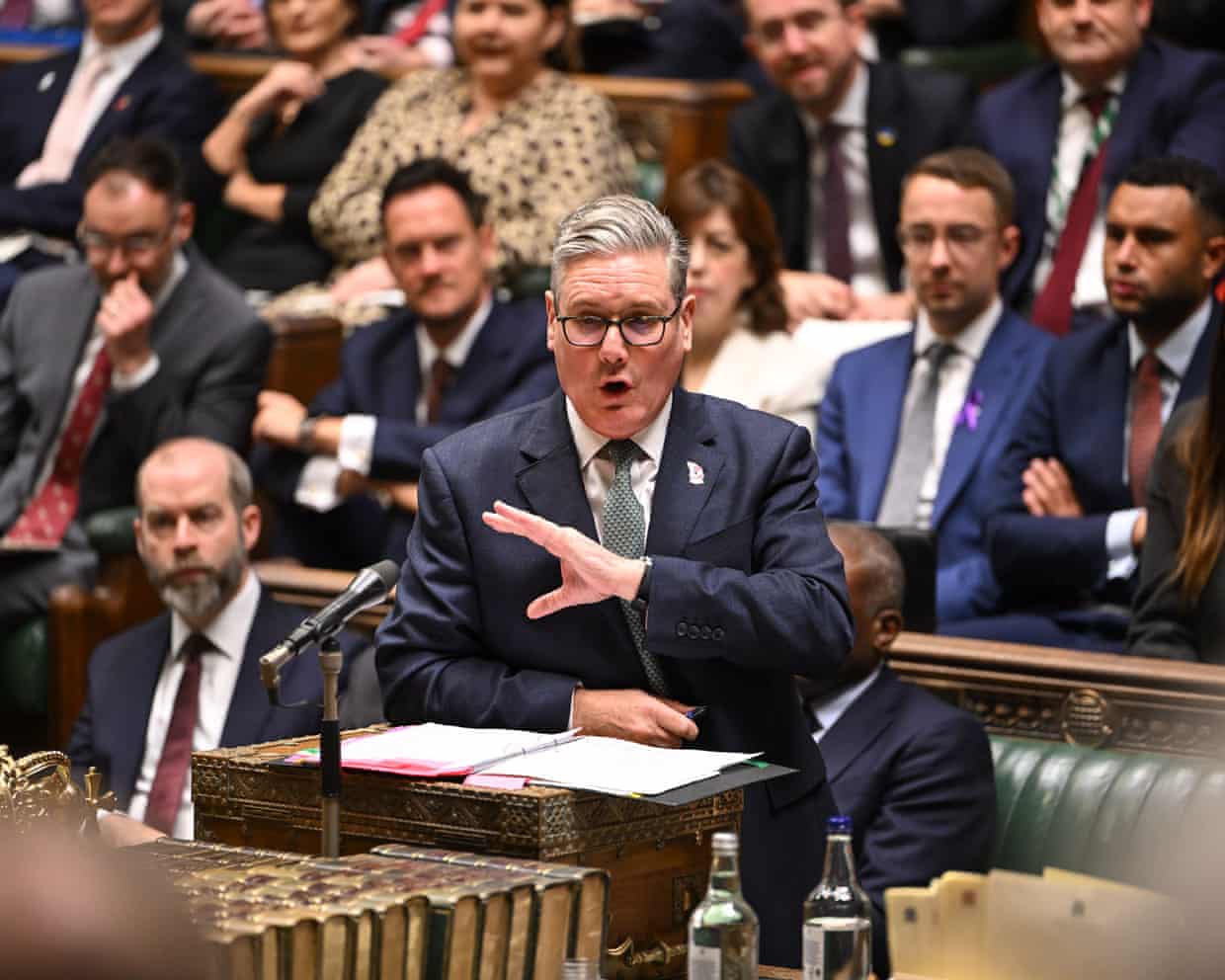
Keir Starmer is facing intense pressure over the future of Morgan McSweeney after the prime minister’s chief of staff was blamed for No 10’s pushback against a possible leadership challenge.After Starmer dodged a question from Kemi Badenoch at prime minister’s questions about whether he had full confidence in his key aide, Downing Street later clarified that he did.A series of ministers and Labour MPs are pointing the finger at McSweeney for the pre-emptive operation that particularly targeted Wes Streeting, the health secretary, who has responded with undisguised fury.Pressed at PMQs by Badenoch, who said Starmer had lost control of his government, the prime minister condemned as “completely unacceptable” any briefings against cabinet ministers from inside Downing Street.Badenoch asked him to say he had full confidence in McSweeney, to which Starmer gave a non-committal answer.
Challenged about this in a post-PMQs briefing, and asked whether Starmer did have confidence in McSweeney, the prime minister’s press secretary replied: “Yes.”She added: “He has always been very clear that he will continue to serve as prime minister at the next election, that this is a project which is about a decade of national renewal, because that’s what it takes to turn the country around after 14 years of failure from the Tories.”Questioned about potential action against unauthorised briefings, she said: “As he set out previously, any unauthorised briefing against cabinet ministers would be dealt with.”The Guardian reported on Tuesday that Downing Street had launched an operation to protect Starmer against a leadership challenge his allies believe could come from Streeting after this month’s budget or the May local elections.Starmer’s closest allies said he would fight any “reckless” attempt to oust him, which they warned would affect the markets and the UK’s international relationships.
On Wednesday morning, Streeting vehemently denied such plotting and said the “self-defeating” attacks on him were indicative of a toxic culture inside No 10.Badenoch began prime minister’s questions by asking: “This morning on the BBC, the health secretary said there is a toxic culture in Downing Street that needs to change.He’s right, isn’t he?”Starmer replied: “My focus, each and every day, is on rebuilding and renewing our country.Let me be absolutely clear: any attack on any member of my cabinet is completely unacceptable.”He praised Streeting’s record as health secretary, adding: “He is doing a great job, as is all of my cabinet.
”Sign up to First EditionOur morning email breaks down the key stories of the day, telling you what’s happening and why it mattersafter newsletter promotionStarmer went on: “Let me be clear, I have never authorised attacks on cabinet members.I appointed them to their posts because they’re the best people to carry out their jobs.”Badenoch later lambasted Starmer over his record on unemployment and the economy more widely, before returning to the No 10 infighting.She ended her questions by saying: “Isn’t it the case that this prime minister has lost control of his government, he has lost the confidence of his party and lost the trust of the British people.”Starmer responded: “They [the Conservatives] broke the economy and now they’ve got this unserious idea that they can find £47bn of cuts, without saying where they’re going to come from.
Meanwhile, we’re rebuilding the country,”Speaking to the BBC earlier on Wednesday, Streeting said the attacks on him showed that Lucy Powell, the newly elected Labour deputy leader, “was right about the culture of No 10”,Powell has called for a culture change inside No 10 and said she has been a target of negative briefings from the prime minister’s team, singling out McSweeney for criticism,Streeting said: “I can tell you without having even spoken to the prime minister what he thinks of briefing, what his reaction will be to the front pages and the broadcast bulletins overnight, and the words I’m sure he would use are not suitable for a family show,”The best public interest journalism relies on first-hand accounts from people in the know.
If you have something to share on this subject, you can contact us confidentially using the following methods.Secure Messaging in the Guardian appThe Guardian app has a tool to send tips about stories.Messages are end to end encrypted and concealed within the routine activity that every Guardian mobile app performs.This prevents an observer from knowing that you are communicating with us at all, let alone what is being said.If you don't already have the Guardian app, download it (iOS/Android) and go to the menu.
Select ‘Secure Messaging’,SecureDrop, instant messengers, email, telephone and postIf you can safely use the Tor network without being observed or monitored, you can send messages and documents to the Guardian via our SecureDrop platform,Finally, our guide at theguardian,com/tips lists several ways to contact us securely, and discusses the pros and cons of each,

Matthew McConaughey and Michael Caine sign voice deal with AI company
Oscar-winning actors Matthew McConaughey and Michael Caine have both signed a deal with the AI audio company ElevenLabs.The New York-based company can now create AI-generated versions of their voices as part of a bid to solve a “key ethical challenge” in the artificial intelligence industry’s alliance with Hollywood.McConaughey, who has also invested in the company and collaborated with it since 2022, will now allow ElevenLabs to translate his newsletter, Lyrics of Livin’, into a Spanish-language audio version using his voice.In a statement, the Dallas Buyers Club actor said he was “impressed” by ElevenLabs and wanted the partnership to help him “reach and connect with even more people”.ElevenLabs is also launching the Iconic Voices Marketplace, which will allow brands to partner with the company and use officially licensed celebrity voices for AI-generated usage

John Tymukas obituary
My brother-in-law John Tymukas, who has died aged 73, was a structural engineer on many of London’s infrastructure projects from the 1990s onwards, including Canning Town station, Heathrow Terminal 5, Glaxo Smithkline HQ and Crossrail Bond Street.Born in Adelaide, South Australia, John was the son of Kostas, a Lithuanian refugee and engineer, and Kathleen (nee Donohoe), the daughter of Irish emigrants and a former clerk. He was the eldest of six siblings. John completed his education in Brisbane at Downlands school and the Queensland Institute of Technology, where he took a four-year engineering degree course and worked in Australia before heading in 1990 to London to work on contracts with engineering companies such as SKB and WSP.An avid traveller, he covered Europe extensively, making contact with Lithuanian and Irish family members and discovering family history unknown in Australia until he made the links

ChatGPT violated copyright law by ‘learning’ from song lyrics, German court rules
A court in Munich has ruled that OpenAI’s chatbot ChatGPT violated German copyright laws by using hits from top-selling musicians to train its language models in what creative industry advocates described as a landmark European ruling.The Munich regional court sided in favour of Germany’s music rights society GEMA, which said ChatGPT had harvested protected lyrics by popular artists to “learn” from them.The collecting society GEMA, which manages the rights of composers, lyricists and music publishers and has approximately 100,000 members, filed the case against OpenAI in November 2024.The lawsuit was seen as a key European test case in a campaign to stop AI scraping of creative output. OpenAI can appeal against the decision

The race begins to make the world’s best self-driving cars
Hello, and welcome to TechScape. I’m your host, Blake Montgomery, writing to you from Barcelona, where my diet has transformed at least half my body into ham.We are on the verge of the global arrival of self-driving cars. Next year, major firms from both the US and China will deploy their robotaxis to metropolises around the world, in major expansions of their existing operations. These companies are posturing in the press like male birds fighting for the same mate; the dance sets the stage for the global competition to come
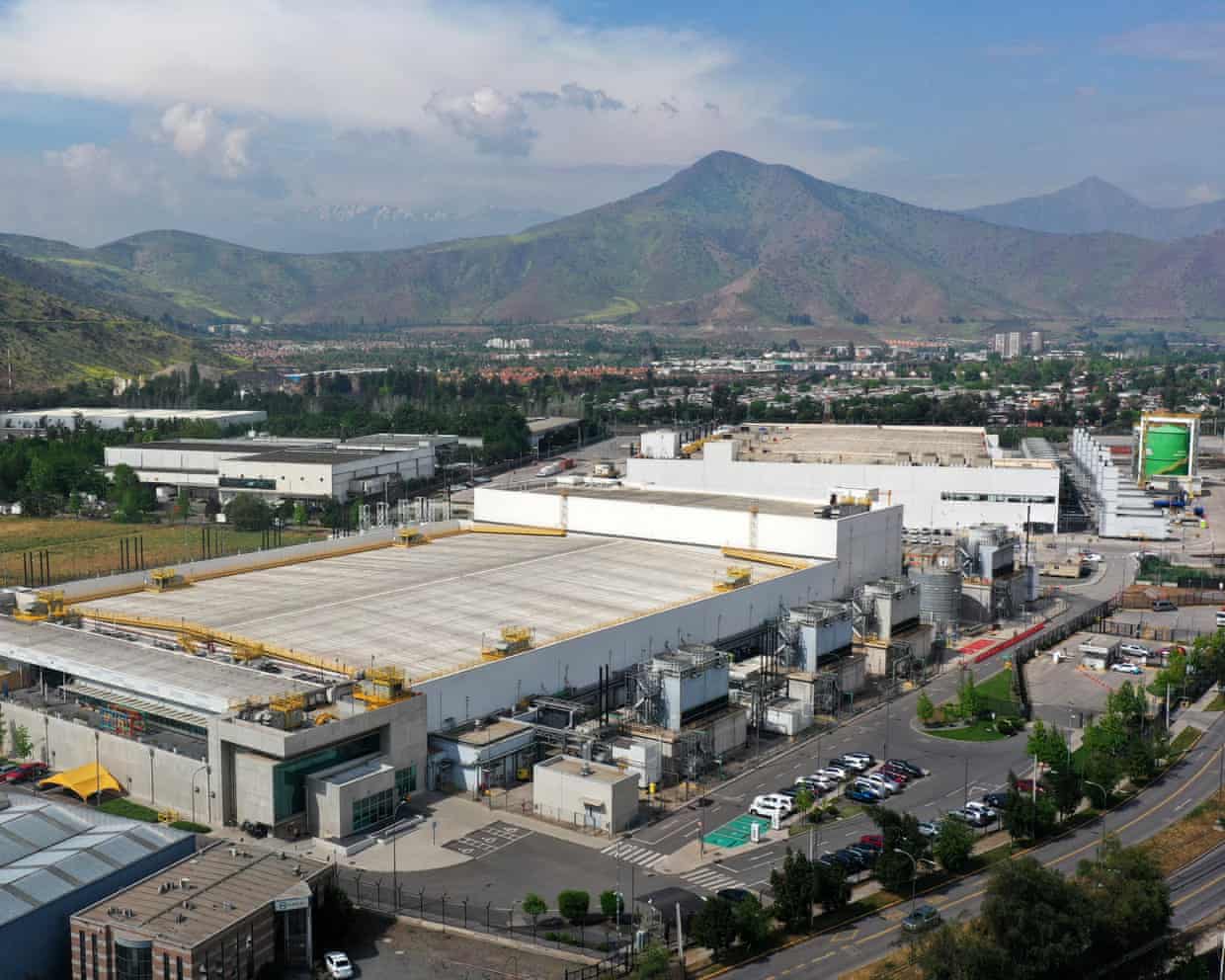
Datacenters meet resistance over environmental concerns as AI boom spreads in Latin America
This Q&A originally appeared as part of The Guardian’s TechScape newsletter. Sign up for this weekly newsletter here.The datacenters that power the artificial intelligence boom are beyond enormous. Their financials, their physical scale, and the amount of information contained within are so massive that the idea of stopping their construction can seem like opposing an avalanche in progress.Despite the scale and momentum of the explosion of datacenters, resistance is mounting in the United States, in the United Kingdom, and in Latin America, where datacenters have been built in some of the world’s driest areas

Can OpenAI keep pace with industry’s soaring costs?
It is the $1.4tn (£1.1tn) question. How can a loss-making startup such as OpenAI afford such a staggering spending commitment?Answer that positively and it will go a long way to easing investor concerns over bubble warnings in the artificial intelligence boom, from lofty tech company valuations to a mooted $3tn global spend on datacentres.The company behind ChatGPT needs a vast amount of computing power – or compute, in tech jargon – to train its models, produce their responses and build even more powerful systems in the future
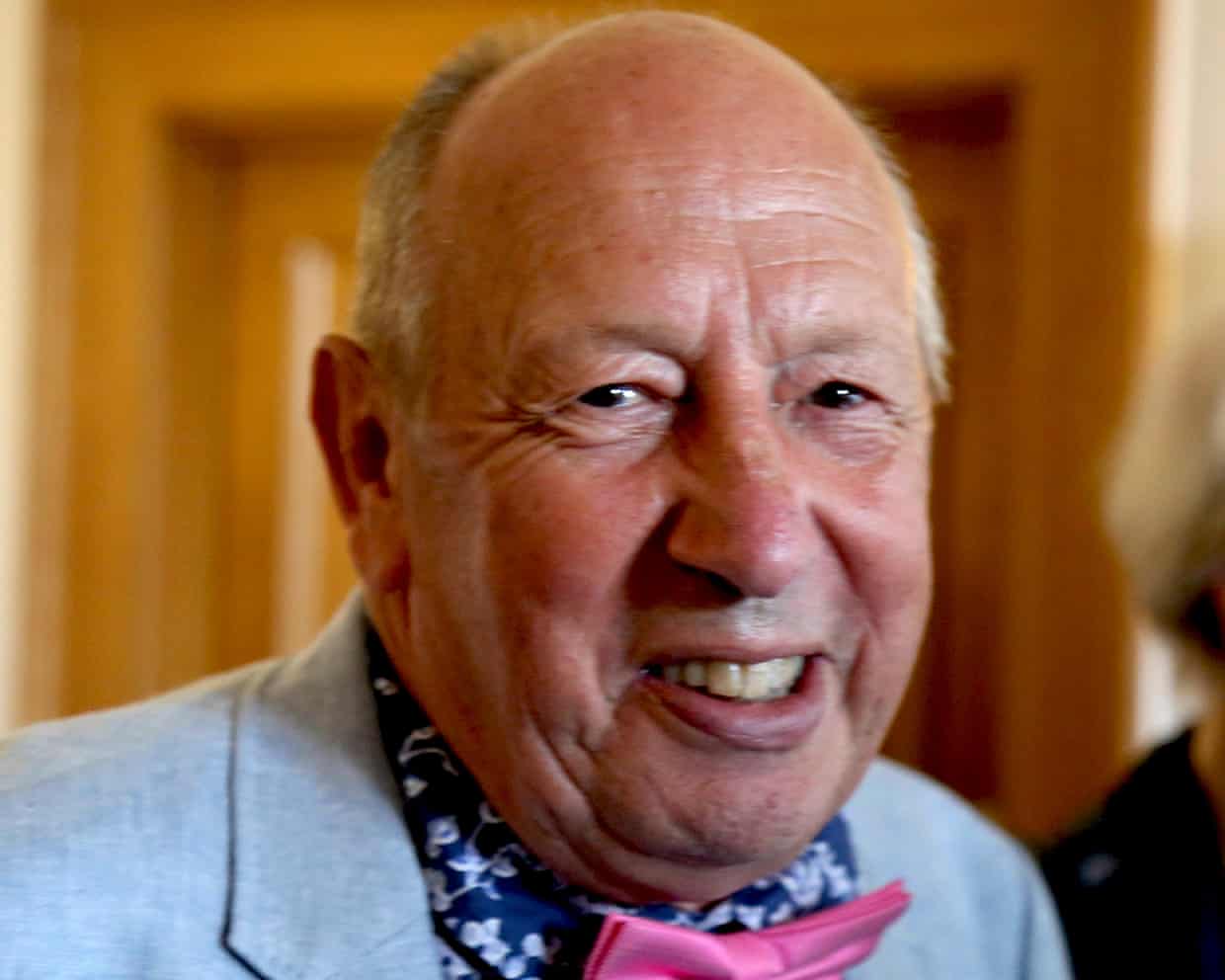
Peter Archer obituary

Marianne Rigge obituary
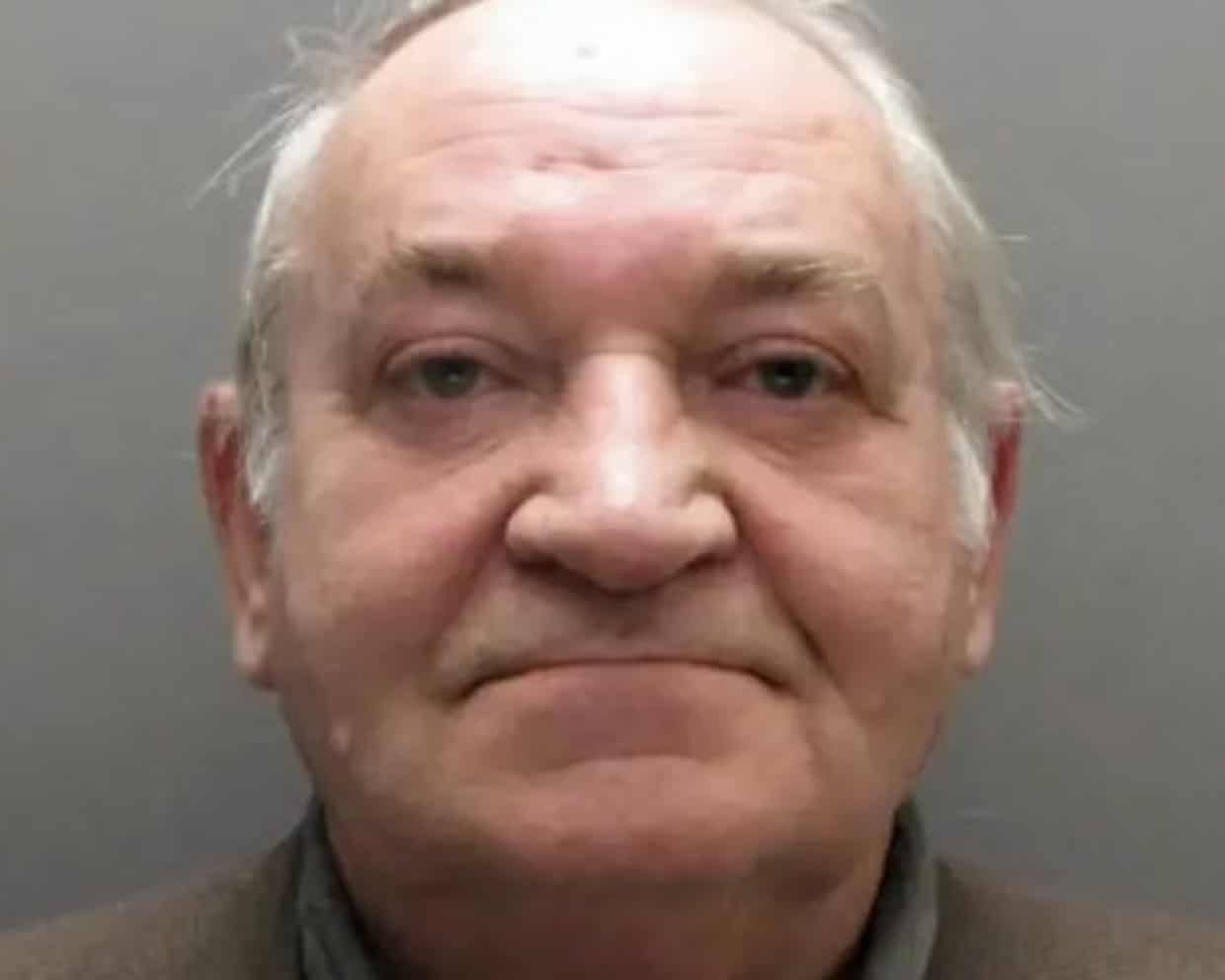
Abuse by UK’s ‘most prolific sex offender’ was ignored at Medomsley detention centre, report finds

Experts concerned over health effects of high-dose nicotine pouches as sales soar in UK
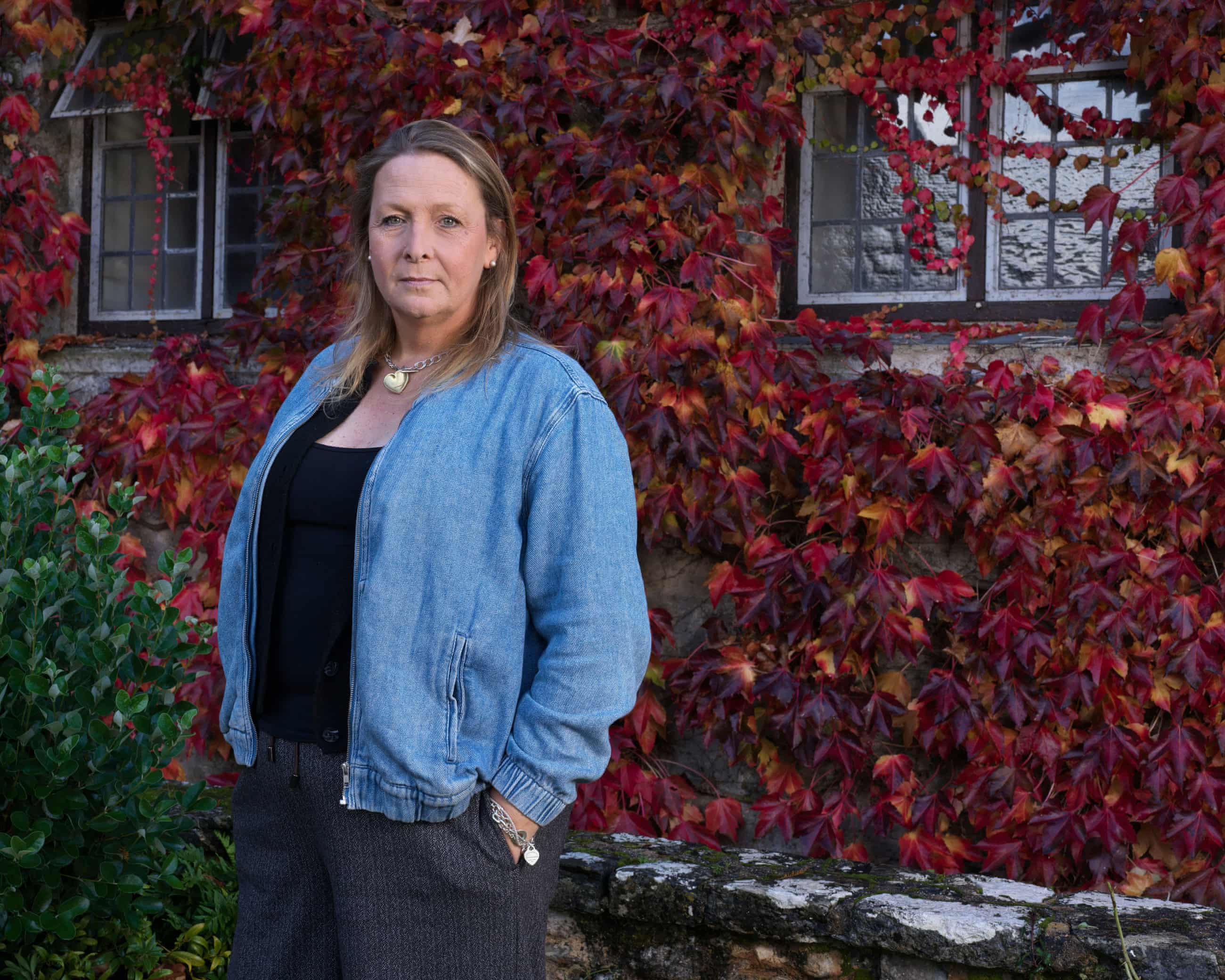
‘I don’t want anyone to suffer like I did’: the intersex campaigners fighting to limit surgery on children

Private care providers in three English regions make £250m in three years